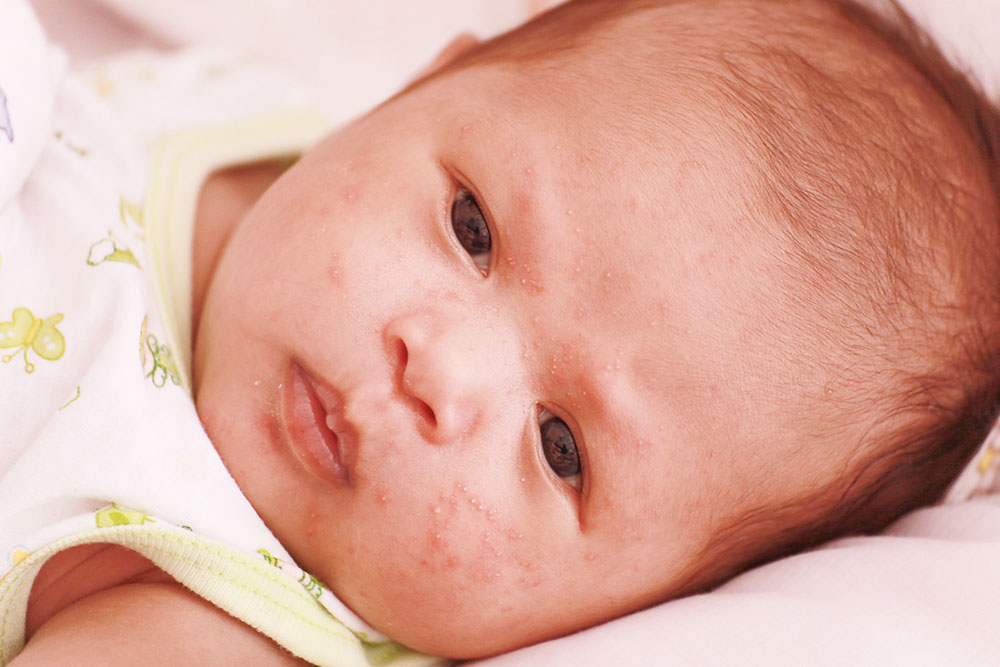
Atopic dermatitis in infants – Signs and management tips
Eczema, or atopic dermatitis, is characterized by itchy, dry, bumpy skin and redness, rashes, and crusts on the skin’s surface. Up to 25% of children are affected by it within the initial years of their lives. The condition has no cure; however, its symptoms may be controlled with a skincare routine and lifestyle changes, even among children and infants. Here are the signs and management tips for atopic dermatitis in infants.
Signs of atopic dermatitis in infants
- Pigmented rashes
Infants with atopic dermatitis may develop pigmented rashes all over their bodies, especially on the forehead, cheeks, scalp, and sometimes around the groin area. These rashes are usually red among infants with light skin and grayish, purplish, or brownish in babies with darker complexions. - Thickened and scaly skin
Eczema may be thicker and scalier among infants than adults. This condition, called lichenification, may appear on the hands, wrists, knees, or elbows, particularly when the baby begins crawling. - Inflamed skin
Atopic dermatitis may additionally cause inflammation, scaly skin, and rashes around the ears, eyelids, and mouth in children. - Pus-filled blisters
Infants with eczema may experience dry, itchy scales that may convert to blisters. - Itchy bumps
Itchy bumps or papules on the skin also point toward eczema in babies. Since infants cannot scratch themselves, they may rub against carpets, pillows, and other surfaces around them to curb the itching.
Managing atopic dermatitis in infants
- Use a gentle baby moisturizer or body lotion
A mild baby moisturizer or body lotion devoid of harsh chemicals or artificial fragrances can help control eczema symptoms among babies. - Buy mild, unscented baby soaps and shampoos
Parents must avoid scented soaps and shampoos and opt for gentle, unscented ones to control eczema flare-ups. - Bathe the baby in lukewarm water
Hot water typically dehydrates the skin and aggravates eczema symptoms. Thus, parents should bathe the little one in lukewarm water and avoid long baths. - Avoid synthetic fabrics
Synthetic materials like polyester and nylon may aggravate eczema-induced itchiness. Thus, parents should avoid dressing their babies in synthetic clothes and fabrics. - Identify food triggers
When children with atopic dermatitis are introduced to solid food, parents should be attuned to identifying adverse reactions. Specific foods and food groups can increase the risk of a flare-up.







